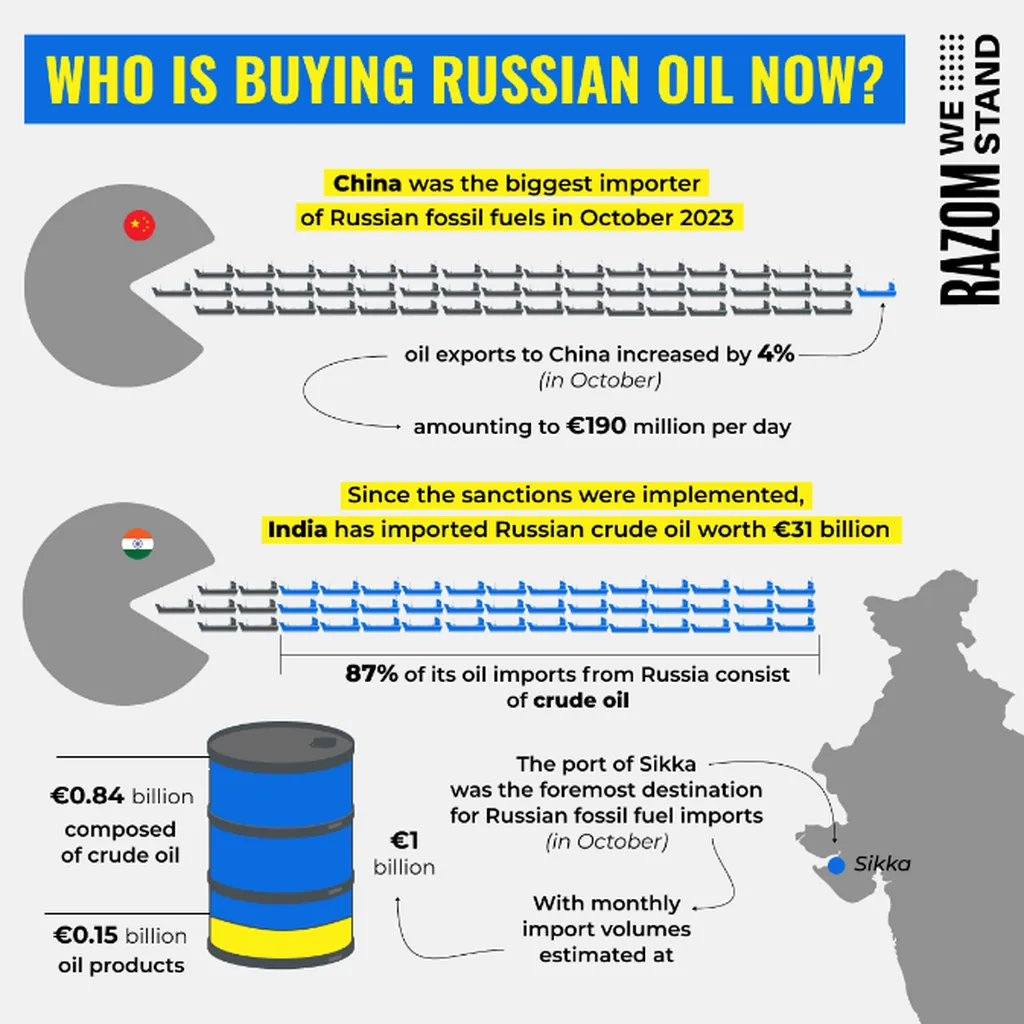In the quest to squeeze every last drop of oil from mature fields, researchers have turned to a novel approach that combines physical and chemical methods with strategic well management. Pavel V. Volkov, a researcher affiliated with an undisclosed institution, has published a study in the journal *Известия Томского политехнического университета: Инжиниринг георесурсов* (Tomsk Polytechnic University Journal: Engineering of Georesources) that could significantly impact the energy sector’s approach to enhanced oil recovery (EOR).
The study focuses on increasing the efficiency of oil extraction by applying a systemic approach to previously untapped reserves. Volkov’s method involves a combination of physical and chemical impacts on the reservoir, cyclic injection, and regulation of technological modes of operation for both production and injection wells. This integrated approach aims to redistribute pressures, change flow directions, and isolate washed-out areas, thereby involving previously undrained oil reserves in the operation.
“With a complex impact on the deposit, it is possible to involve previously undrained reserves in operation due to the redistribution of pressures, changing the direction of flows, isolating washed areas,” Volkov explained. This systemic approach allows for covering 80–90% of the deposit with impact, a feat that is challenging to achieve with traditional point geological and technical measures without a substantial increase in annual planned costs.
The research was conducted over five months at a site in Field X, yielding promising results. The study reported an increase in additional oil production, a decrease in water injection, and a reduction in produced water. Notably, the method demonstrated a high net present value for the production of a ton of oil, along with savings associated with the decreased share of injected and produced water.
The implications for the energy sector are substantial. By replicating this method across other fields and deposits, particularly in Western Siberia, companies could potentially unlock significant additional oil reserves. The approach not only enhances recovery rates but also optimizes operational costs, making it an attractive proposition for oil producers looking to maximize their return on investment.
Volkov’s research suggests that the future of EOR lies in integrated, systemic approaches that leverage both physical and chemical methods in tandem with strategic well management. As the energy sector continues to seek innovative solutions to extend the life of mature fields, this study offers a compelling case for the adoption of more holistic EOR strategies.
The success of this method could pave the way for similar initiatives in other regions, potentially revolutionizing the way the industry approaches oil recovery. With the energy sector under increasing pressure to optimize production and reduce costs, Volkov’s findings provide a timely and valuable contribution to the field.

